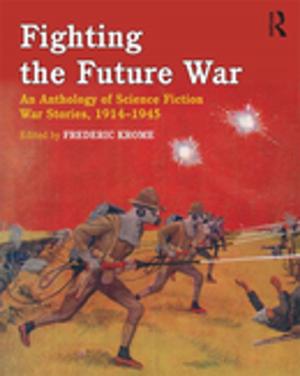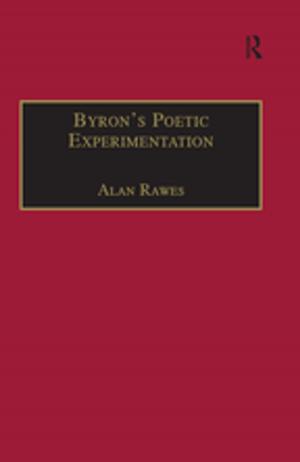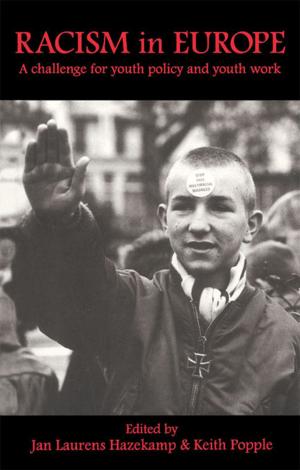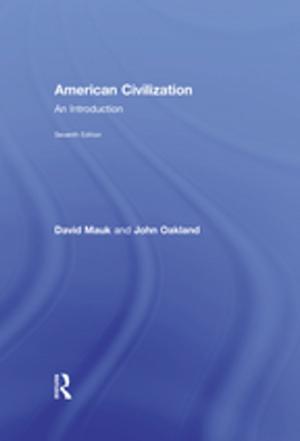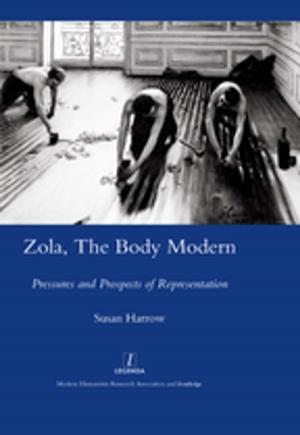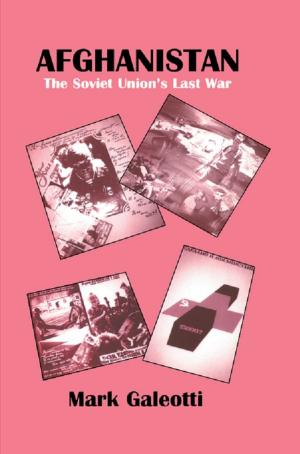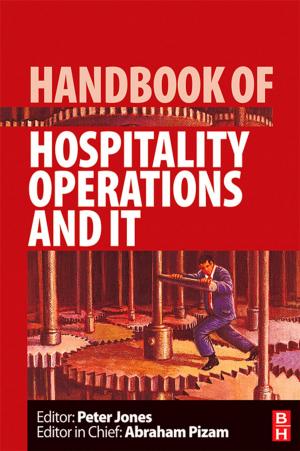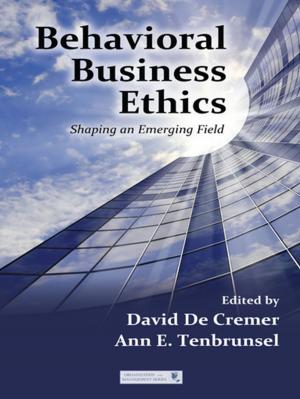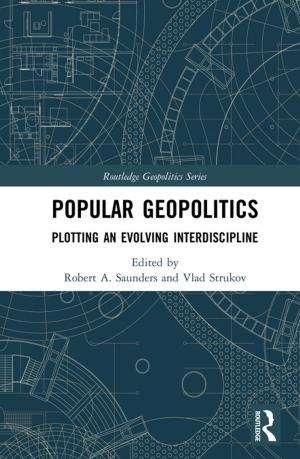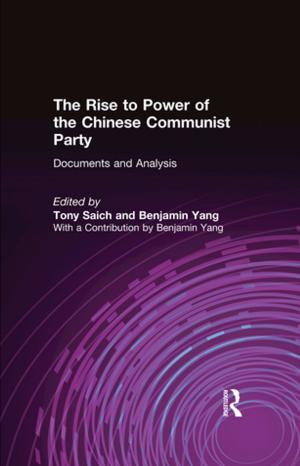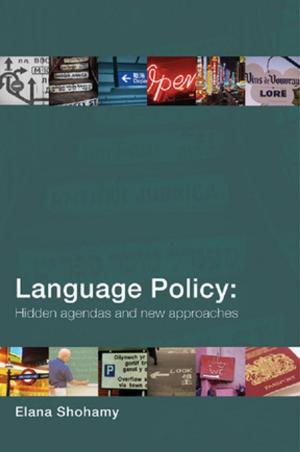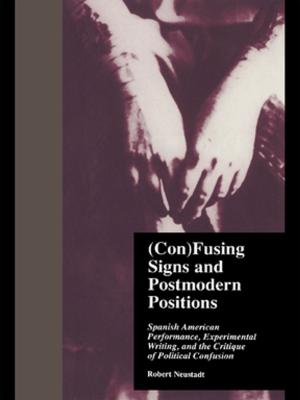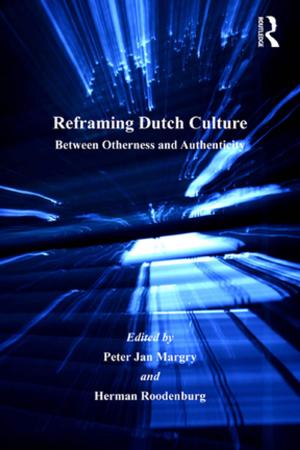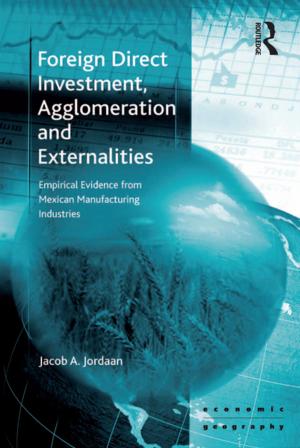Terrorism Versus Democracy
The Liberal State Response
Nonfiction, Social & Cultural Studies, Political Science, International, International Security, History, Military| Author: | Paul Wilkinson, Paul Wilkinson | ISBN: | 9781134173983 |
| Publisher: | Taylor and Francis | Publication: | September 27, 2006 |
| Imprint: | Routledge | Language: | English |
| Author: | Paul Wilkinson, Paul Wilkinson |
| ISBN: | 9781134173983 |
| Publisher: | Taylor and Francis |
| Publication: | September 27, 2006 |
| Imprint: | Routledge |
| Language: | English |
'No one understands terrorism better than Paul Wilkinson...if policy makers read this book they will understand the problems better. If terrorists read it they will understand themselves a lot better.' - Michael Clarke, King’s College London, University of London, UK
This acclaimed study examines both the new terror networks and those that have been around for decades. This new edition brings it up-to-date with the dramatic opening of the twenty-first century, with new chapters on the 9/11 attacks, the growth of international terrorism, the Al Qaeda network and the War on Terror.
This text provides us with some much needed criteria for distinguishing between terrorists and freedom fighters and an explanation of the uses of terrorism as a political, social, religious and criminal weapon. Wilkinson also links the use of terrorism to a wider repertoire of struggle. He proposes a variety of possible counter-measures and valuable principles carefully distilled from the recent past to help design a response that is compatible with democratic principles, the rule of law and respect for human rights.
This book is essential reading for undergraduate and postgraduate students of terrorism studies, political science and international relations, as well as for policy makers and journalists.
'No one understands terrorism better than Paul Wilkinson...if policy makers read this book they will understand the problems better. If terrorists read it they will understand themselves a lot better.' - Michael Clarke, King’s College London, University of London, UK
This acclaimed study examines both the new terror networks and those that have been around for decades. This new edition brings it up-to-date with the dramatic opening of the twenty-first century, with new chapters on the 9/11 attacks, the growth of international terrorism, the Al Qaeda network and the War on Terror.
This text provides us with some much needed criteria for distinguishing between terrorists and freedom fighters and an explanation of the uses of terrorism as a political, social, religious and criminal weapon. Wilkinson also links the use of terrorism to a wider repertoire of struggle. He proposes a variety of possible counter-measures and valuable principles carefully distilled from the recent past to help design a response that is compatible with democratic principles, the rule of law and respect for human rights.
This book is essential reading for undergraduate and postgraduate students of terrorism studies, political science and international relations, as well as for policy makers and journalists.

